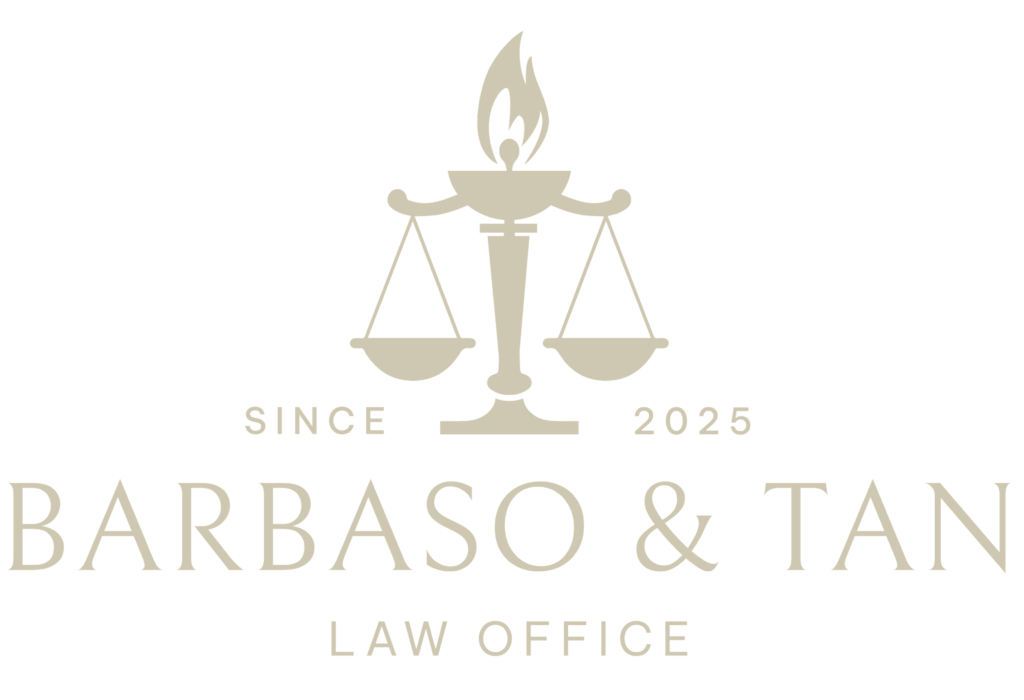Estate Planning: A Solution to Avoid Family Feud on Inheritance
The term estate is defined as real and personal properties owned by a person. In the ordinary course of events, an estate of a person is divided among the heirs upon his/her death. Regrettably, however, the process of dividing the inheritance among heirs can be bloody battle which not only ends in court proceedings but likewise creates a permanent and hostile division among the family members and sometimes sadly results to instances where heirs kill each other.
Fortunately, a thorough estate planning before death can prevent future inheritance disputes. By deciding and arranging the management and disposal of one’s estate while he or she still lives would assure that his or her intentions are properly conveyed to his or her heirs and assets are suitably transferred to the intended successors. Likewise, this tool, if used correctly, could significantly mitigates potential tax exposure in order to minimize the burden of substantial estate tax liabilities on the part of the heirs.
The following are the some of the established methods of estate planning to avoid family feud on inheritance:
- Execution of a Will
The Civil Code of the Philippines defines a will as an act whereby a person is permitted, with formalities prescribed by law, to control to a certain degree the disposition of his estate, to take effect after his death. There are two types of wills: (a) the holographic will, and (b) the notarial will. Regardless of the type of a will, however, the Philippine Laws on Succession imposes certain guidelines and rules on its preparation, form, and the distribution of the properties among heirs. If improperly done, a will may be disallowed if the same do not confer with the formalities prescribed by the Civil Code or the disposition of the properties is contrary to the rules on legal succession.
- Probate of the Will
In our jurisdiction, probate of a will during the lifetime of the testator is allowed by law. The testator himself or herself may petition the court for the allowance of the will. During the probate proceedings, the court will verify if the person creating the will is of sound mind and ensure that the will was executed in accordance with the laws on succession.
- Creation of a Trust
A trust is fiduciary arrangement that allows a third party, called the trustee, to hold and manage the assets on behalf of the beneficiaries. In this arrangement, the trustor may transfer the legal title of his assets to the trustee during his lifetime and the trustee shall distribute the same according to the terms specified in a trust agreement. In essence, the trust provides a method to minimize tax liabilities on the part of the beneficiaries as the income derived from the trust can be used in paying any applicable taxes for the transfer of the properties under the name of the intended beneficiaries.
- Transfer through Donation
During the lifetime of a person, he or she may opt to distribute his or her assets to the intended beneficiaries through donation. This will ensure that the person to whom the property is intended to be transferred actually receives the property. Instead of estate tax, the transfer is subject to six percent (6%) donor’s tax. However, if the transfer is considered as “transfer in contemplation of the donor’s death” the same shall be considered as part of the estate of the decedent which shall be subject to estate tax of six percent (6%).
Nonetheless, before the determination and/or execution of the preferred estate planning option, it is preferrable that expert advice of a lawyer should be first sought in order effectively manage your estate as well as minimize the costs to be incurred.



